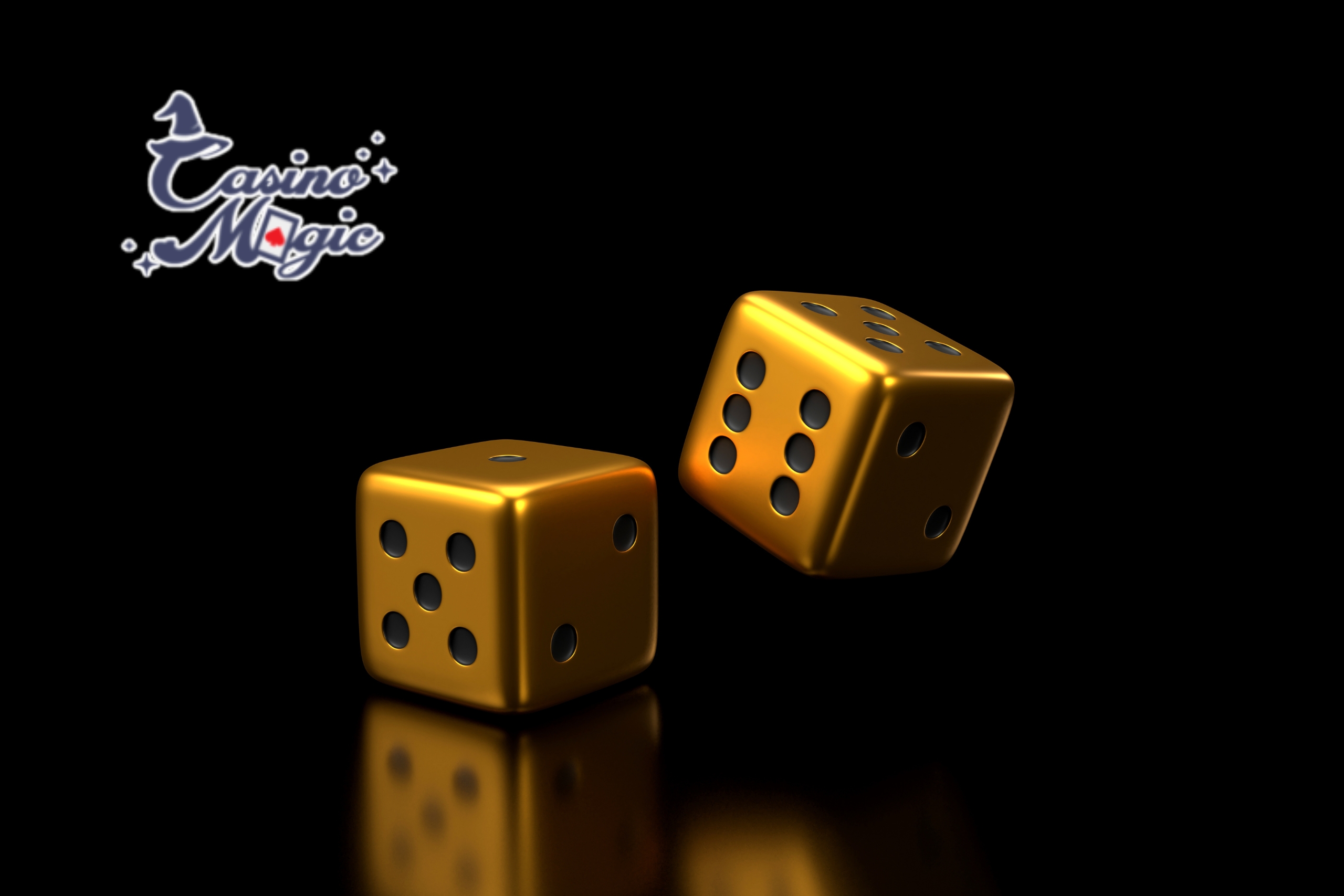Poker, which is written in Japanese as ポーカー 語, is a popular card game that is becoming more and more popular all over the world. Even though it started in the US, poker has spread around the world and now has players of all ages and classes. There is some luck involved in poker, but mostly ability. This makes it a fun and competitive game for many.
Because poker is becoming more and more famous, it’s important for players to know how the game works. This means learning the different types of poker, the rules, and the best ways to play the game, including techniques and tactics. It’s important to know how to play poker well whether you’re playing with friends or in a high-stakes event.
Understanding Strong Hands and Weak Hands
A player must know the difference between strong and weak hands in order to be successful at ポーカー 語. Strong hands, like big pairs or high-ranking hands, give you a better chance of winning, so you should play them boldly. When players bet and raise with good hands, they can raise the pot and possibly get more chips from their opponents. Adversarial play also puts stress on opponents with weaker hands, which can make them fold, lowering the chance of being outdrawn.
What you need to do is something different when you have weak hands, like low pairs or hands that don’t have much promise. It’s better to play them carefully so that you can improve your hand on later streets than to play them fiercely. You can do this by folding early in the hand or playing them carefully. This can include tricks like bluffing or playing slowly to trick your opponents and win a pot even if you have a bad hand.
Players can make better decisions at the poker table and improve their chances of winning if they know the difference between good and weak hands. Anyone who wants to get better at poker needs to know how to play strongly with strong hands and how to avoid losing with weak hands.
The Range of Hands in Poker
“Range” in poker refers to the different possible hand combinations that a player can have at any given time. To make smart decisions at the poker table, you need to know how to read and understand hand sizes.
When players look at different hand levels, they need to think about where they are at the table, what their opponents are betting on, and how the game is playing as a whole. In this case, a player in late position might have more hands than a person in early position.
When making smart choices, it’s also important to know and think about your opponents’ possible hand ranges. When a player thinks about the possible hands their opponent might have, they can better judge the strength of their own hand and decide whether to bet, raise, or fold.
Players should also change how they play based on what hands their opponents are likely to have. One player might choose to be more bold when they enter a deal if they know that their opponent plays a small range of hands.
Table Dynamics and Skill Levels
The rhythms of the table are very important to how the game goes. Different levels of skill at the table can make the game very different. To give you an example, playing with new players might make you more careful and predictable, while playing with more experienced players might make you more smart and bold.
To win any game, you need to be able to adapt to these different skill levels. It’s important to watch how your opponents play and change how you play based on what you see. For example, when playing with beginners, you can make money by taking advantage of their lack of experience by not making as many mistakes and taking advantage of the moves they are likely to make. When playing with more experienced players, on the other hand, you should be more aware and adaptable, since they will probably change how they play based on what you do.
When playing against people with less experience, you might want to fake and be more bold, but when playing against people with more experience, you should be more careful and watchful. Being aware of how the table works and how skilled the other players are can give you a big edge and help you win more often.
Bluffing and Deception
Bluffing is an important part of poker because it lets players trick their opponents and change the rules to their advantage. There are three types of bluffs: pure bluffs, semi-bluffs, and stone-cold bluffs. Each is used for a different strategy reason. When you pure bluff, you bet with a weak hand to try to get stronger opponents to fold. When you semi-bluff, you bet with a drawing hand that could get better into a strong hand. Stone-cold bluffs, on the other hand, are bets made with a hand that has almost no chance of winning unless other players fold.
In poker, it’s important to know when to use each type of trick. People often use pure bluffs when they think they can get their opponents to fold because they know them well. When someone has a strong drawing hand and wants to raise the pot while still having the chance to improve their hand, they use a semi-bluff. People only use stone-cold lies as a last option when they have no other choice but to bluff their way to victory.
Being able to read your opponents’ responses is also important for pulling off a trick. Figuring out if a bluff is likely to work by studying their body language, betting habits, and general tendencies can be very helpful. To be a good poker player, you need to pay attention to how your opponents react and change your playing approach accordingly. Ultimately, lying and bluffing are important parts of poker tactics that can help a player win if they utilize them correctly.
Bankroll Management and Risk Assessment
Managing your poker bankroll is very important because it helps you keep playing for a long time. It means setting away a certain amount of money just for poker and handling it well so that you don’t lose all of it. Following the “5% rule,” which says that a player shouldn’t spend more than 5% of their total cash on a game, is a good plan. That way, the risk is spread out and the player doesn’t lose all their money in one bad run.
Taking into account danger is another important part of managing your cash. Based on how much money they have, players have to make smart choices. This means picking the right games and prices to play and staying away from high-risk situations that could cost you a lot of money.
It’s also important to avoid tilt and making decisions based on emotions when managing your cash. Tilt is when a player’s emotions get the best of them, making them make bad choices and lose a lot of money. Players can avoid tilt and make smart choices based on logic instead of feeling by being focused and following a plan for managing their funds.
Overall, good budget management and risk assessment are important for long-term success in poker. This way, players can handle the expected changes and keep their finances under control.

Conclusion
In conclusion, poker is a challenging game that is always changing, so you have to keep learning and adapting. Like any other player, you need to know about the newest poker techniques, trends, and inventions to stay ahead of the other players. Mastering the basics, knowing how the game works mentally, staying focused and patient, and being able to adjust to different playing styles and opponents are some of the most important things you can do to get better at poker. If players have the attitude that they can always get better and are willing to learn from both wins and losses, they can improve their skills and become better at the game. Being able to change, learn, and improve is important for doing well at the poker table in the world of ポーカー 襞.




